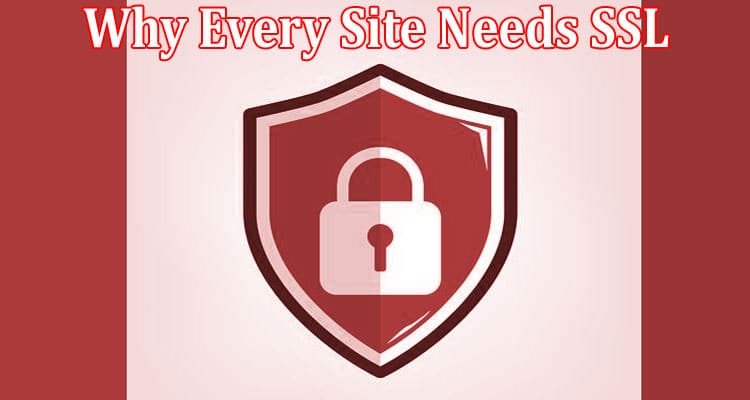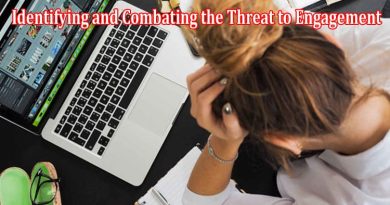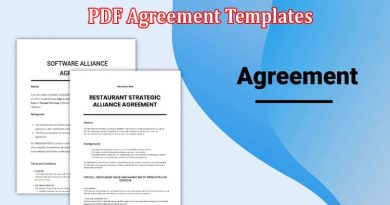Why Every Site Needs SSL (Even Yours)
Imagine you’ve heard you need to secure your site with SSL, so you’ve started exploring your options. But you’ve gotten stuck on the difference between single-domain SSLs, Multi-domain, and certificate Wildcard from Namecheap. You can’t figure out what kind of SSL you need, so you think you’ll just skip it. It can’t be that important, right? Wrong. SSL security is one of the most important things you can implement for your site, so going without would be a mistake.
Read on to find out why.
Encryption protects the entire World Wide Web
If you didn’t know what SSL does, here’s a simple primer. SSLs are small digital certificates you can install on your site’s server to initiate an encrypted connection between your site and any user that visits. When a connection is encrypted that means the data transmitted back and forth can’t be intercepted by unpermitted third parties. This is vital for all website types, especially those requiring users to fill out forms with personal information or make credit card transactions. An SSL protects users from data theft and man-in-the-middle attacks.
Furthermore, users know to look for the trusty SSL padlock symbol in the address bar whenever they visit a new website. Just seeing it can help them feel at ease, increasing the likelihood that they’ll make a purchase from your site.
Major web browsers expect it
Beyond the security aspect and ensuring your users trust in you, most popular web browsers, like Chrome, Firefox, Safari, and Edge, require websites to have SSLs nowadays. If your site doesn’t have an SSL, it may not work properly. Visitors will be sent a message saying your site is not secure, and they probably won’t visit. So if you want people on your site, an SSL is essential.
SSL types aren’t actually that complicated
When you break them down into their key purposes, SSL certificates are not that complicated. First, there’s the number of sites you have. There are three types for that:
- Single-domain: Secures one domain
- Multi domain: Secures 3-100 domains
- WIldcard: Secures one primary domain and unlimited subdomains connected to it
After that is your validation level. This is how extensively a Certificate Authority verifies you or your company’s identity before sending you your SSL. The more extensive validation levels take longer but are recommended for business sites or those with a lot of interactivity. The three levels are:
- Domain validation (least extensive)
- Organization validation (medium)
- Extended validation (most extensive)




